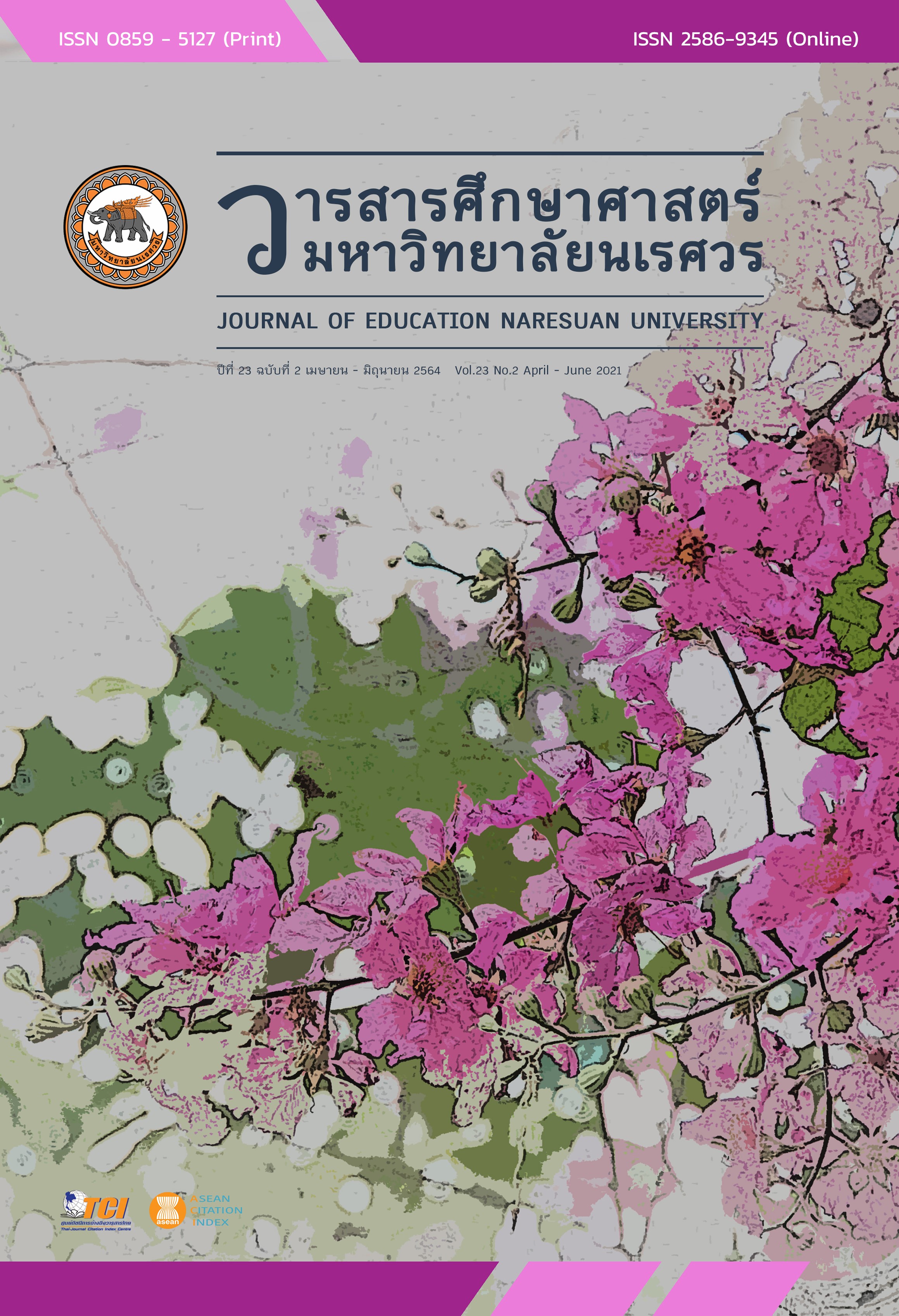UTILIZATION OF DEVELOPED MODULE IN TECHNICAL WRITING
Main Article Content
Abstract
The paper presents the importance of using a developed module in Technical Writing in the language classroom to effect autonomous learning among the language learners. This is supported with the scores of the control and experiment groups with 35 students each showing no significant difference in their scores for the regular, assigned and evaluative tasks. Modular instruction is an alternative instructional design that used developed instructional material, a module for Techniques of Technical Writing as the tool for the study which was based on the needs of the students. The research discusses the benefits of using modules for instruction such as the acquisition of a better self-study or learning skills among students. The students engaged themselves in learning concepts presented in the module. They developed a sense of responsibility in accomplishing the tasks provided in the module. With little or no assistance from the teacher, the learners progressed on their own and worked on the activities independently, yielding favorable results both for the control and experiment groups.
Article Details
The owner of the article does not copy or violate any of its copyright. If any copyright infringement occurs or prosecution, in any case, the Editorial Board is not involved in all the rights to the owner of the article to be performed.
References
Anderson, L. M. (1995). Assignment and supervision of seatwork. In L. W. Anderson (Ed.), International Encyclopedia of teaching and teacher education (pp. 264-268). Oxford: Pergamon Press.
Applebee, A. N., Langer, J. A., & Mullis, I. V. S. (1986). The writing report card: Writing achievement in American schools. Princeton, NJ: National Assessment of Educational Congress.
Calderón, M., Hertz-Lazarowitz, R., & Slavin, R. (1998). Effects of bilingual cooperative integrated reading and composition on students making the transition from Spanish to English reading. The Elementary School Journal, 99(2), 153–165. https://doi.org/10.1086/461920
Cruickshank, D. R., Jenkins, D. B., & Metcalf, K. K. (2003). The act of teaching (3rd ed.). New York: McGraw Hill.
Dearden, R. F. (1972). Autonomy and education. In R. Dearden, P. Hirst & R. Peters (eds), Education and the Development of Reason. London: Routledge & Kegan Paul.
Fisher, C. W., Berliner, D. C., Fully, N. N., Marliave, R. S., Cahen, L. S., & Dishaw, M. M. (1980). Teaching behaviors, academic learning time and student achievement: An overview. In C. Denham & A. Lieberman (Eds.), Time to learn (pp. 7-32). Washington, DC: National Institute. of Education.
Gonzales, E., et al. (2006). A modular Approach to writing in the discipline. Philippines: Anahaw Enterprises.
Kounin, J. S. (1970). Discipline and group management in classrooms. New York: Holt, Rinehart and Winston.
Nunan, D. (2009). Second language teaching and learning. Philippines: Cengage Learning Asia.
Persky, H. R., Daane, M. C., & Jin, Y. (2003). The Nation’s Report Card: Writing 2002. US: Department of Education, National Center for Education Statistics.
Rosenshine, B. (1980). How time is spent in elementary classroom. In D Denham & A, Lieberman (Eds.) Time to learn: A Review of the beginning teacher evaluation study (pp. 107-126). Washington DC: Institute of Education.
Rothwell, W., et al. (1998). Mastering the instructional design process. San Francisco, CA: Jossey-Bass.
Tumposky, N. (1982). The learner on his own. In M. Geddes and G. Sturtridge (eds.). Individualisation. London: Modern English Publications.
Voller, P. (1997). Autonomy and independence in language learning. Harlow: Essex: Longman.
Waguey, L. (2012). Effectiveness of task-based instructional materials in developing writing skills of BS Fisheries Freshmen (Doctoral dissertation). Philippines: Benguet State University.
Westby, C. E., & Costlow, L. (1991). Implementing a whole language program in a special education class. Topics in Language Disorders, 11(3), 69–84. https://doi.org/10.1097/00011363-199111030-00008


